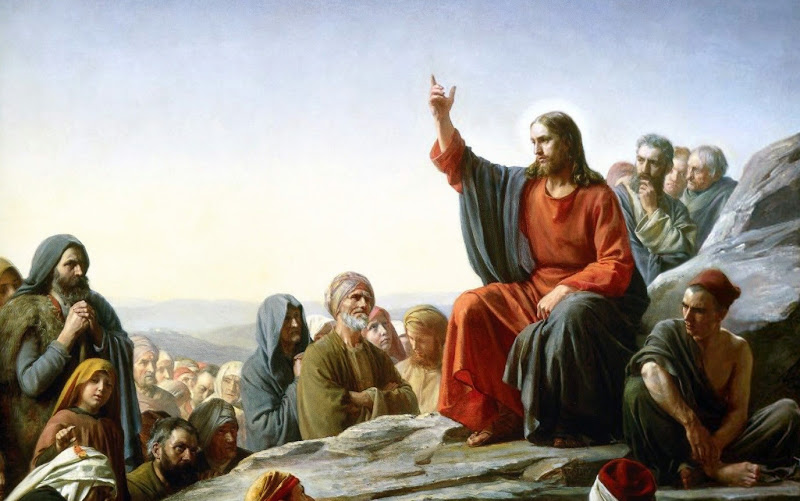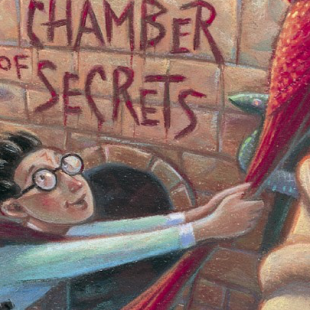File this under “weird books I have encountered.” Erasmus Addlepate’s 1940 How to Read Two Books: It’s obviously a spoof of Mortimer Adler’s How to Read a Book. You can tell from Addlepate’s supposed other books like How to Get Up int he Morning that
Essay / Education



